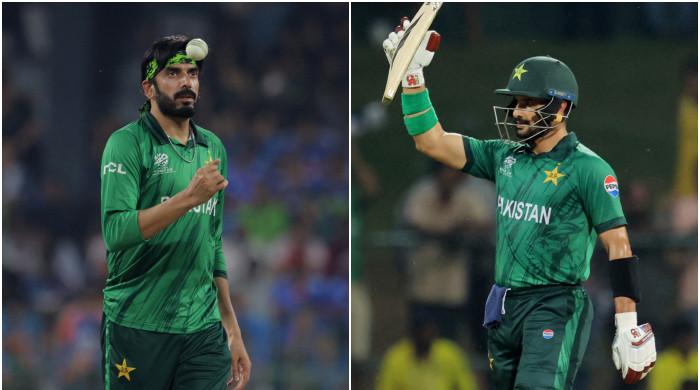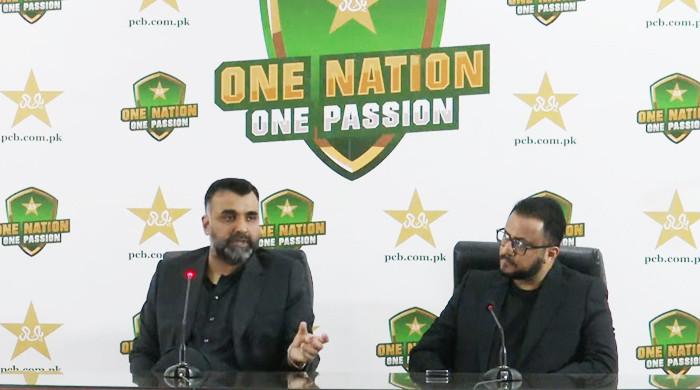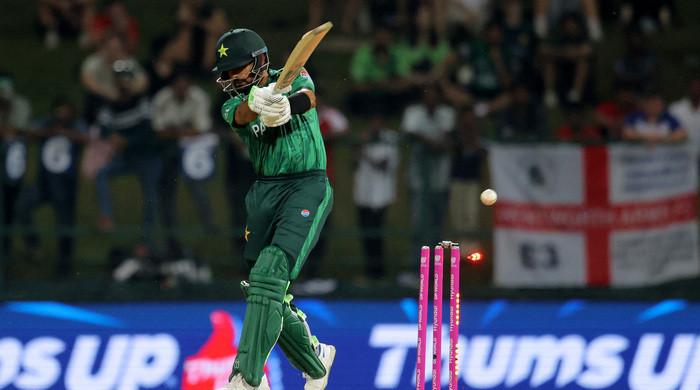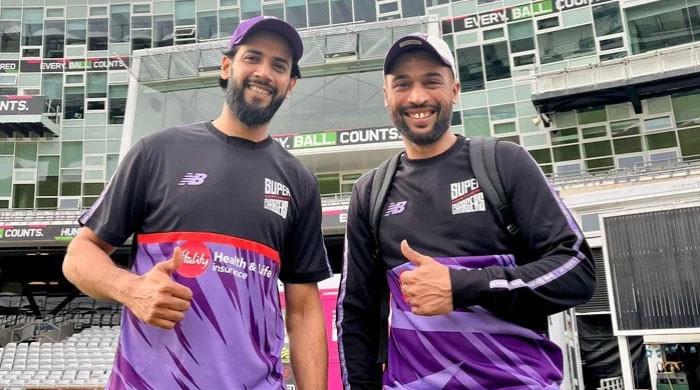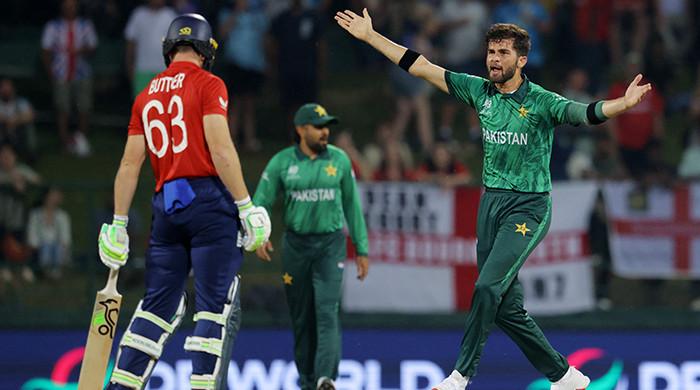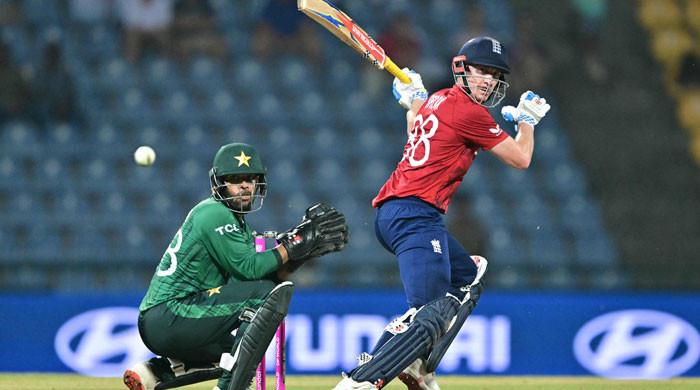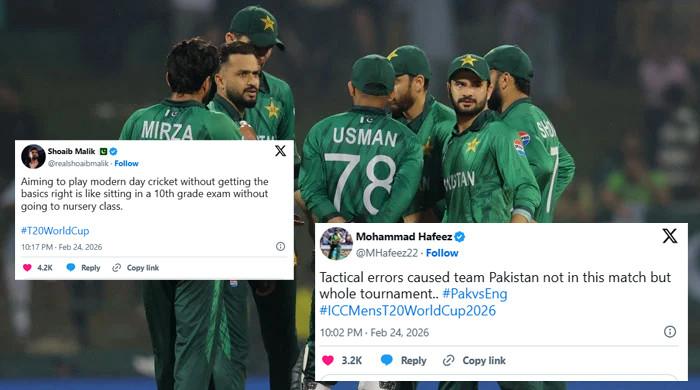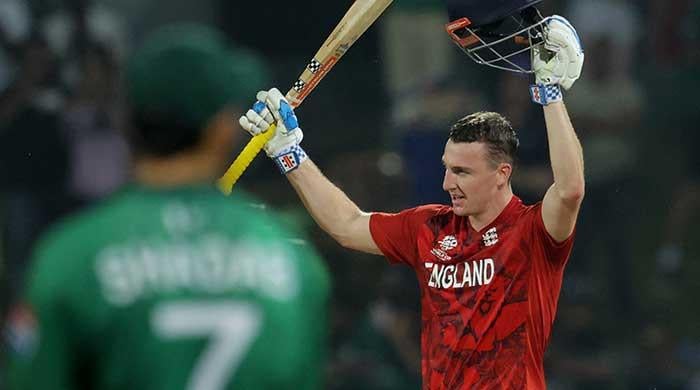World Cup hosting may yield $2.6bn in earnings for India
Through its World Cup earnings, India is poised to collect around $2.6 billion
November 05, 2023
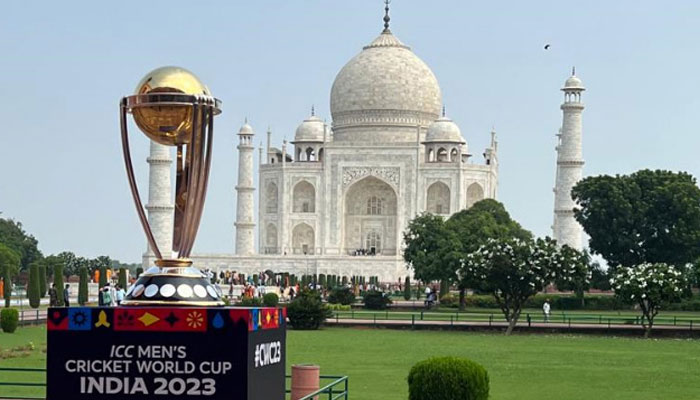
BANGLORE: In a historic first, India as the lone host of the ICC Men's World Cup 2023 is reaping massive financial rewards in the process, reported The News on Sunday.
A study stated that the country, through their earnings from the mega cricket event, is poised to collect over Rs660 billion in Pakistani currency, which is equivalent to $2.6 billion, adding a whopping amount of funds to its already wealthy cricket board.
Meanwhile, the 2019 World Cup, which took place in England, contributed $350 million to Britain's economy. Previously, India has had the privilege of co-hosting World Cups alongside Pakistan, Sri Lanka and Bangladesh.
But this is the first time, the country is the sole host for the mega tournament with 48 matches being played in ten of its cities, including the world's largest cricket venue in Ahmedabad, the Narendra Modi Stadium, which has a record-breaking seating capacity of 132,000 spectators.
The World Cup will be paid by the ICC, and India would only make money from the event. According to Indian media, the highest revenue would come from TV rights, as PKR 360 billion will be received from TV broadcasting rights.
Most of the matches in the tournament are day and night; therefore, during the seven weeks of the World Cup, spectators would get together and enjoy matches with their friends and family like a picnic. When friends and family get together, food, its delivery and related businesses are estimated to generate 15,000 crores in Pakistani rupee.
The early matches of the World Cup attracted a few spectators, but as the tournament progressed, more and more people are flocking to the ground. The revenue from the sale of World Cup tickets is expected to be more than Rs60 billion.
During the World Cup, a large number of foreign tourists, media representatives, broadcasters and commentators, including 10 foreign teams, are in India for the matches. Travel and merchandising is likely to generate an income of PKR 660 billion. Coca-Cola, Google, Indian Unilever, Emirates Airline, Saudi Arabia’s Aramco and Nissan are among the companies sponsoring the World Cup.
Other companies from Asia, Europe and other countries including America are also among the sponsors. The rate of advertisements shown on television is PKR 900,000 per second. Thus, the rate of a ten-second advertisement is PKR 9 million. Advertising rates are 40% higher than the last World Cup.
The ICC has announced a total prize money of $10 million for the current World Cup. A prize money of $4 million has been announced for the winning team in Ahmedabad on Nov 19, while the losing team will get $2 million.
While $40,000 will be awarded to a team for winning each group match. A prize of $100,000 each has been announced for the six teams that did not qualify for the semi-finals, and $800,000 each for the losing teams.
According to the ICC’s financial model for 2017 to 2023, India will receive a major share of the revenue. The Indian board will get $112 million more than the previous model, bringing the total to $405 million over eight years, while Pakistan will get $128 million. Pakistan receives $12 to $15 million of this amount every year.
Former PCB chairman Ehsan Mani, who has also been head of the ICC’s financial committee, said that he had told the ICC that Pakistan and India should not have a group match in the World Cup.
When both the teams would play the semi-final, there would be more revenue. He said he had asked the ICC to fix $10 million for Pakistan, because major part of the revenue was generated due to Pakistan, but they did not agree with the proposal.
The benefit and share of the current ICC financial model also goes to India the most. He said that Zimbabwe and West Indies were not participating in the World Cup, and they would not get a share of the income, which would harm their cricket. He commented that ICC’s financial model was not based on equitable distribution of money generated through the World Cup.




